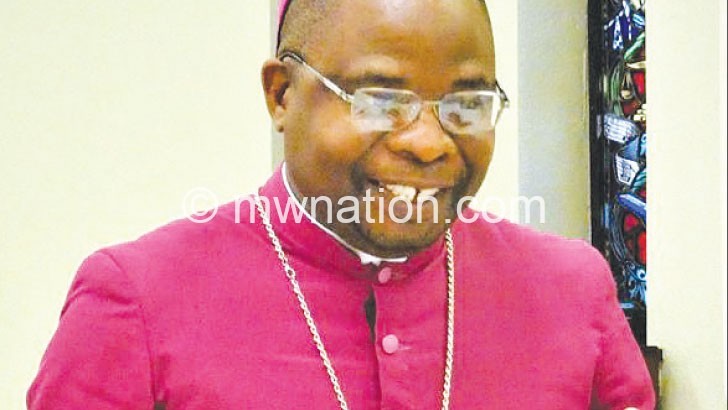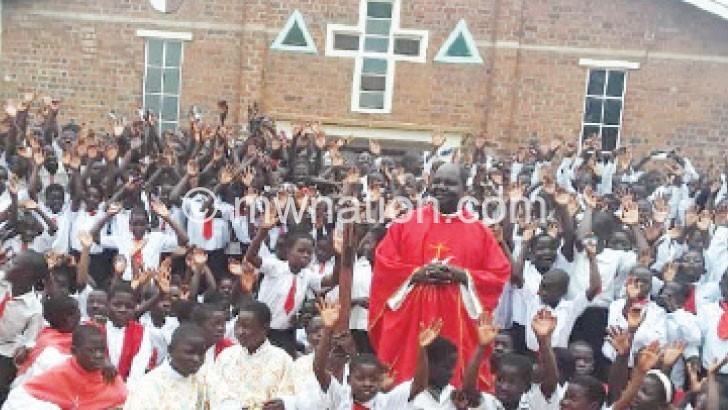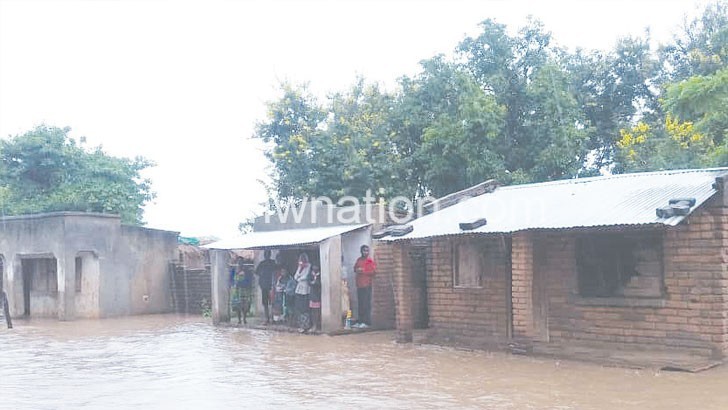Commission fights for Muslims appointments
Faith and community based organisations are formed with various motives that range from fighting for the less privileged or, at times, to enrich its founders. Islamic commission for justice and freedom was established to fight for Muslim rights in the country. I talk to executive director of the commission Abdul Rahaman Ajasie on the core values and roles of his organisation.
Why have you been speaking tough against politicians during the campaign period?
 We were established to speak for marginalised Muslims. Some politicians were using various sectors of people during campaigns for personal gains. Now it’s time to take them to task on their promises. During campaigns, we asked aspiring candidates for their manifestos to make sure issues of Muslims were addressed and not left out. We did that to enable us vote according to candidates’ values on Islamic issues.
We were established to speak for marginalised Muslims. Some politicians were using various sectors of people during campaigns for personal gains. Now it’s time to take them to task on their promises. During campaigns, we asked aspiring candidates for their manifestos to make sure issues of Muslims were addressed and not left out. We did that to enable us vote according to candidates’ values on Islamic issues.
Muslims are part of the citizenry and participants in the socio-economic development. Our community has, however, been sidelined since 1994. We have identified the salient areas which will assist Muslims become active participants in the socio-economic development of the country. Our aim is to task the new president. We have an agreement which came into effect together with conditions laid down from the date of swearing in of the president and valid for five years. All parties to this agreement shall have the right to amend and review these as it may deem fit.
What are some of the contents in the agreement?
We penned them on issues such as education. We need equitable opportunities in accessing government education in all disciplines, with more emphasis on tertiary levels. We wish for Islamic studies to be introduced at the University of Malawi as theology. Arabic language, which is one of the United Nations (UN) languages, should be introduced in government education systems, just like English and French. On health, we request for Islamic ethical consideration as much as possible and where necessary, when accessing government medical services. We prefer women doctors to treat maternity conditions.
What else apart from those mentioned above?
Our main concern is the political spectrum where parastatal, Cabinet, diplomatic missions and government commissions appointments should take into account equitable representation of adherent Islam in addition to other major religious faiths. We need adequate representation in governing structures both at central and local government levels. We need the introduction of legal structures to adjudicate on Islamic legal issues. There is need for government to establish the office of adviser to the president on Islamic affairs. Government needs to equally respond to spiritual developmental needs for adherents of Islamic faith just as they do with other major religions, for example, establish Islamic prayer rooms in government facilities such as hospitals, schools and offices to make them conducive for Muslims worship. Muslims should feel free and comfortable to implement all other spiritual activities bordering on worshiping the creator such as the Islamic dress code. There are some other issues such as the economy where we need equitable access to economic activities including small and medium enterprises (SMEs) loan access, Malawi Rural Developmet Fund (Mardef) and Youth Enterprise Development Fund (Yedef). We need the recognition of Islamic cultural principles such as Islamic marriages (Nikkah) in our legal system. Finally, we need equitable coverage of Islamic issues in all government media houses such as the Malawi Broadcasting Corporation (MBC)TV/ radio as it is with other religious faiths.





